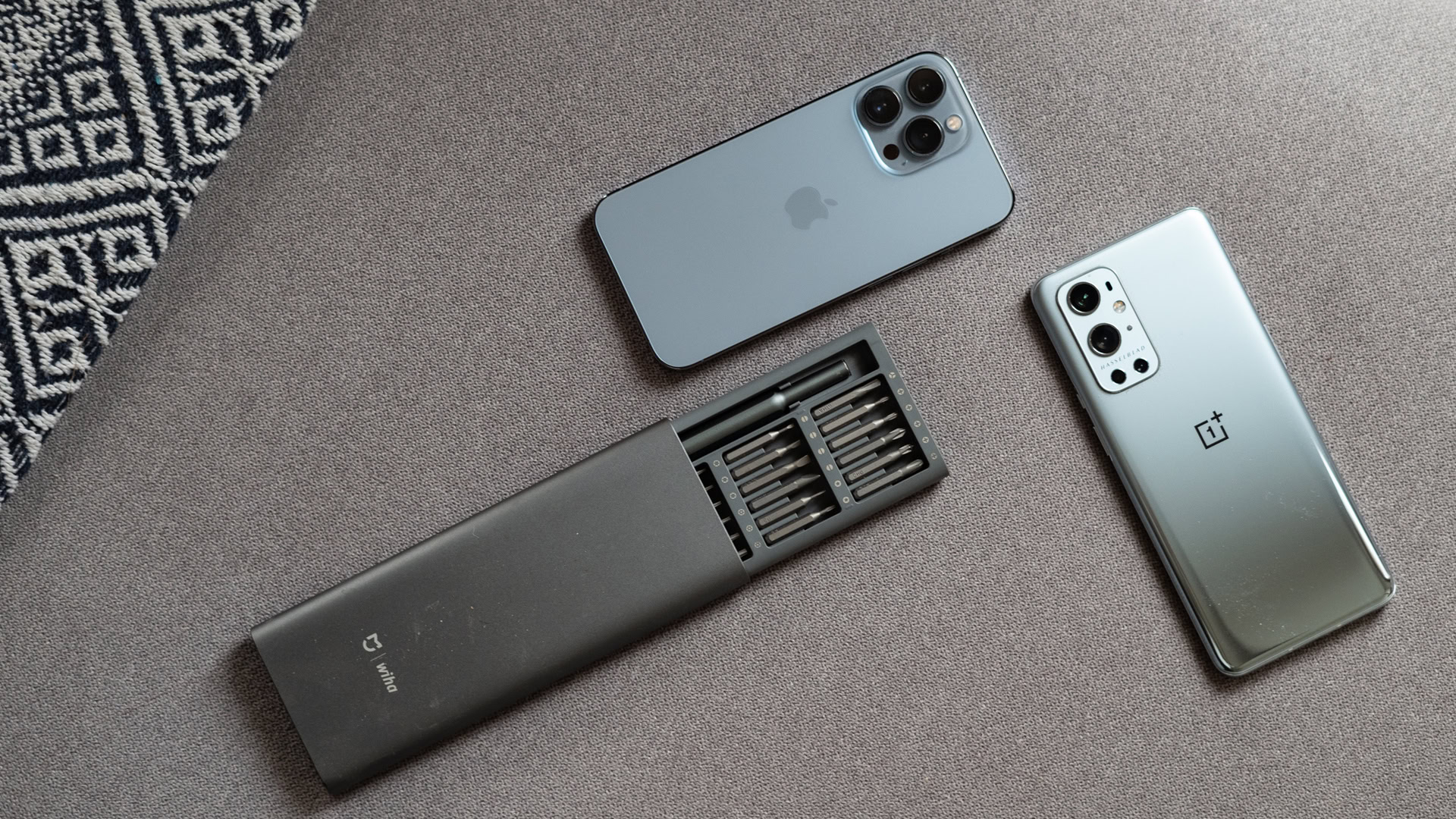British Gas has deployed cloud-based customer journey mapping technology from Quadient to improve customer experience across the business.
The utility provider hopes the new system will help it provide more personalisation for its customers and measure how this affects the wider business.
Quadient specialises in omnichannel customer communications management (CCM) software.
Implementation of the cloud-based Quadient customer journey mapping system will enable British Gas to create and manage in-depth what Quadient describes as “intelligent journey maps”. These are used to visualise the customer journey, help in the orchestration of customer communications and enable British Gas to provide insights into customer satisfaction levels and business impact at each touchpoint.
“Without the right tools in place, attempting to transform communications and the entire customer experience could prove painful, as multiple issues could have come to the fore,” said Adam Firbank, journey practice lead, customer communications, at British Gas. “The insight and the vision that Quadient’s customer journey maps gave us have made us stop and completely rethink everything. It enables us to create an exemplary 21st century customer experience.”
British Gas said it has mapped all “current state” customer journeys across its business, from new customer queries to home engineer visits to service upgrades. Pain points and preferences along each of these paths have been identified, and existing communications have been personalised and aligned in real time, and are now in a position to entirely transform customer experience.
British Gas has used Quadient’s Inspire product for a number of years to consolidate, streamline and distribute more than 4,000 different pieces of personalised and compliant communications to its customers. By integrating Quadient customer journey mapping to extend the capabilities of Quadient Inspire, the utility firm aims to strengthen trust and satisfaction throughout the customer lifecycle by ensuring that customers receive the right communication, through the right channel, at the right point in their journey.
According to analyst IDC, “contactless” experience has risen in demand due to the need to conduct business in a safe, socially distanced environment. Data published by IDC has found that 31% of IT leaders plan to permanently redesign their customer experiences to include contactless options and 38.5% expect to invest in dedicated health/security apps for employee communications.
In its Worldwide customer communications management software forecast 2020 to 2024 report, analyst Marci Maddox, research director, IDC’s enterprise content strategies research programme, wrote: “The adoption of CCM software, especially interactive communication deployed in the cloud, was on a positive trajectory prior to the Covid-19 impacts in 2020.
“Despite setbacks, organisations will adopt a broader cloud-first CCM strategy to future-proof business continuity and the ability to communicate with internal and external audiences in times of crisis. Covid-19 exposed the need for consistent, timely and channel-aware communications, designed collaboratively across hybrid work environments and reimagined in new contactless forms.”
Although CCM applications have traditionally delivered operational and interactive correspondence to external audiences, IDC said a centralised communications approach would benefit internal recipients with the same level of consistency, timeliness and channel preference found in external communications.












